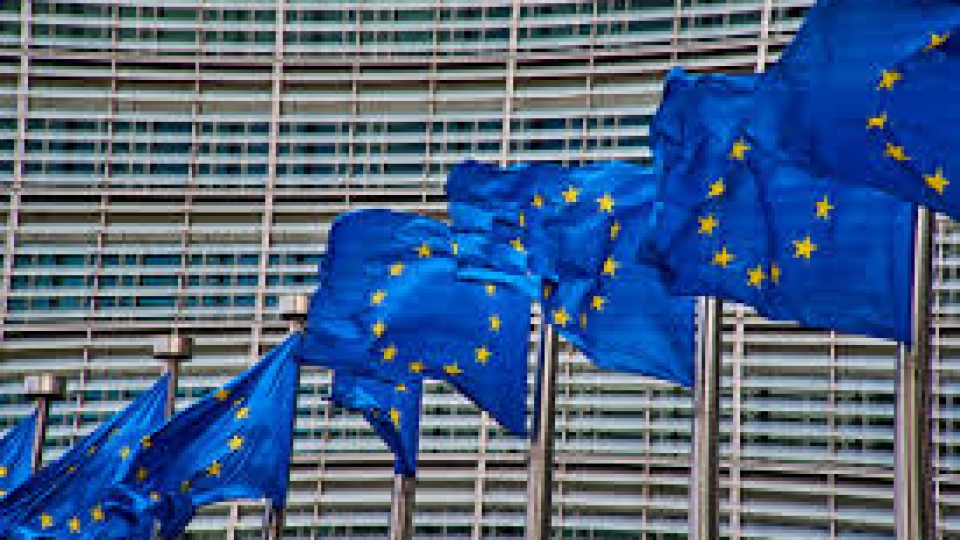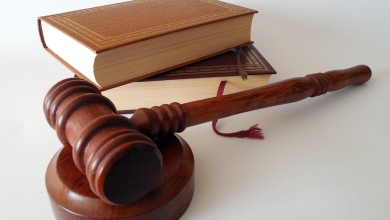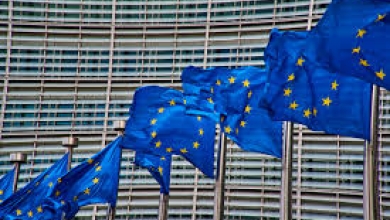
The European standardisation system continues to be faced with a series of challenges including the current crisis. And if Europe could fix its standardisation system, it would have all it would need to retake global leadership in standard-setting. Europe must remain a global standard-setter that is on par with China and the US, say Malcolm Harbour and Johan Bjerkem from the European Policy Centre (EPC)
In a paper ‘Europe as a Global Standard-Setter: The Strategic Importance of European Standardization’ they argue that for autonomy and resilience in a post-COVID-19 world, it cannot afford to forget standards, a key pillar of its global influence in the past. As Europe aims for greater strategic autonomy and resilience in a post-COVID-19 world, it cannot afford to forget standards, a key pillar of its global influence in the past, they say.
“Although often forgotten, standards are the ‘invisible glue’ holding many economic and societal processes together. Within Europe, they have become a fundamental pillar of the Single Market, removing barriers to trade and facilitating cross-border flows of goods and services.”
Crucially, European standards should also play a key role in ensuring Europe’s post-COVID-19 recovery. At the international level, standards are increasingly becoming a matter of geopolitical competition. Europe’s competitors and partners already recognise the geopolitical potential of standards, play a more active role in standard-setting, and develop strategies that promote technological and industrial interests through standards. In recent years, standards have moved to the very centre of global technological and industrial competition. Countries like China and the US have adopted more strategic approaches for developing and promoting their respective standards within highly innovative technologies, such as 5G, artificial intelligence (AI), the Internet of things (IoT) or advanced manufacturing. The need to set standards that promote national industry is evident in strategies like China’s Made in China 2025 strategy and Belt and Road Initiative (BRI), or the US’ America First Policy.
In a keynote presentation at last week's Managed Services Summit Live, Ken Figueredo from the oneM2M Global Standards initiative showed how AI, IoT and data assets will be used in digital transformation, and with partners working together in ecosystems to share expertise.and dependent on standards and effective data use including monetisation.
Resilience is also a theme for an upcoming webinar Increasing Value by Enhancing Resilience and Mitigating Risk covering
- The evolving software/solution landscape and the increasing importance of being able to offer a comprehensive software resilience solution
- The ways IT suppliers, especially ISVs, need to promote their services so as not to be left behind in an increasingly competitive and fast-growing marketplace
The webinar will also report on ISV market research covering significant growth factors, the nature of the risk that customers look to reduce and viable solutions to support and maintain the adoption of specific applications
In this webinar on November 19 at 12.00, Ollie Whitehouse, the Chief Technical Officer at NCC Group and a research and science advisor to UK Government on cyber security will discuss software resilience with IT Europa's Editor John Garratt. Details here https://register.gotowebinar.com/register/6701884421370107659


